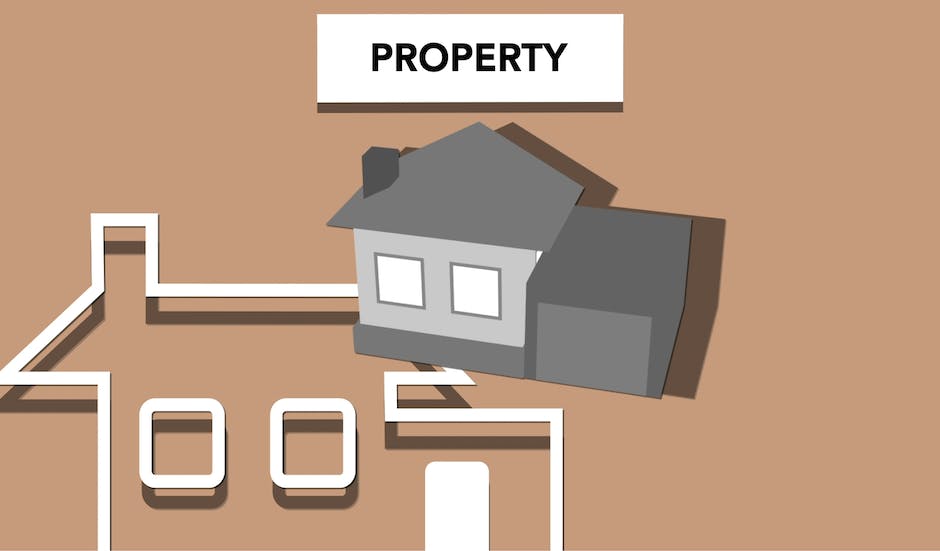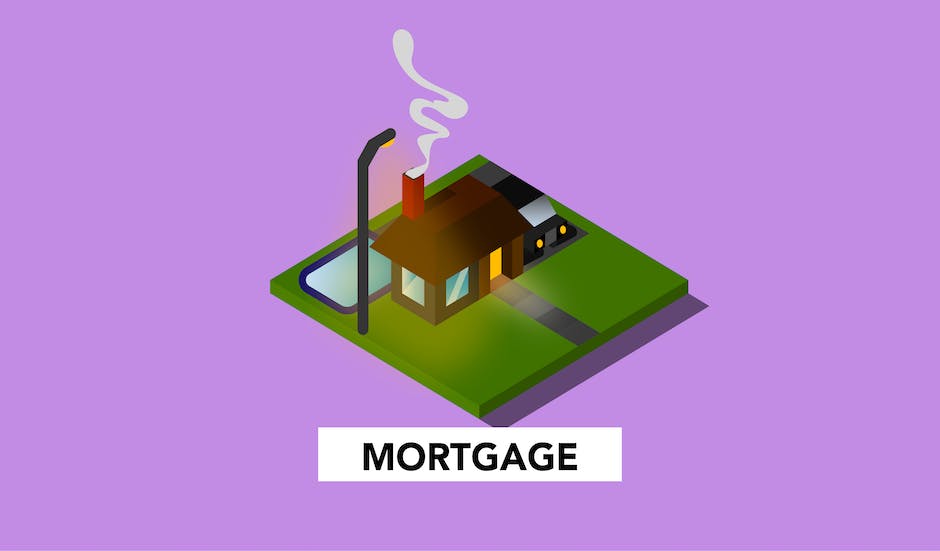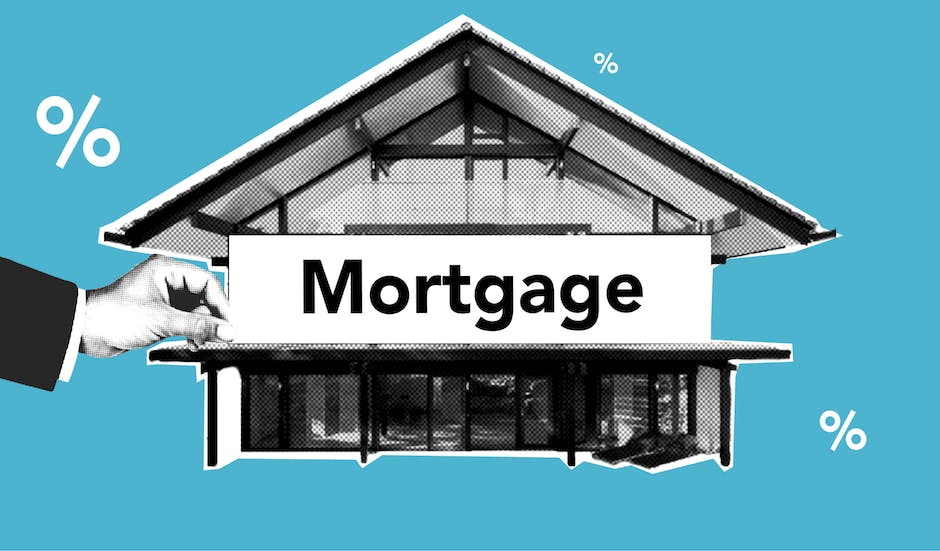
The future of real estate financing will likely include the use of blockchain technology. This will both allow for the registration and transfer of property, as well as create new ways to resell property.
Introduction to smart contracts

A smart contract is a computer code that can be interpreted and applied in any property transaction. Because it can be used in any transaction, the smart contract has become a widely employed technology to help facilitate unique property transactions.
The term ‘smart’ was used loosely when initially introduced, however, as the technology could be applied to existing contracts or agreements to create more complex deals.
With the increasing popularity of blockchain-based real estate projects, unique property transactions will increase. These borrowers will need financing to complete a deal and will find an appropriate match between buyer and seller using an online application.
As this occurs over email or through another trusted method, there is increased risk involved. If the buyer and/or seller does not respond, then the funds required for the deal must be provided.
How smart contracts work with real estate

The future of real estate financing will be with blockchain and smart contracts. These technologies will allow for the transfer of any property without involving a third party, making it more unique and exclusive than other financing options.
With blockchain, the technology that stores and transfers information is transferred using digital signatures. These signatures are verified by other users on the network, making it more secure than playing Russian roulette with paper documents.
With smart contracts, certain actions taken within a transaction are automatically executed by a computer program. This makes it easier for parties to agree upon an action without having to talk or write it down.
This makes smart contracts very unique in the real estate market.
The role of a blockchain for property transactions

The role of a blockchain for property transactions is gaining popularity among real estate professionals. In fact, many are starting to incorporate the technology into their workflow as a way to streamline the process and offer more features.
At its core, a blockchain is a series of records linked together by an electronic network. These records can be documents, payments, or any other information that needs to be shared and verified independently.
Because it uses an electronic network to verify and confirm transactions, a blockchain is free of chargeability and funding issues that occur with more traditional methods. Additionally, because it uses digital records, it cannot be deletion or interference with by another party.
These traits make blockchain ideal for property transactions. Once a deal is agreed upon, the buyer and seller sign their names on the middle finger of their hand using the fingerprint sensor and then send it via email or text message as proof.
Advantages of using blockchain for real estate transactions

A number of advantages of using blockchain for real estate transactions are becoming more prevalent everyday. These include lower processing fees, faster transaction times, and increased security as a result of the digital ledger properties use of digital signatures to confirm transactions.
These advantages are not only favorable for buyers and sellers, but also for professionals such as titleists who work with both buyers and sellers to make sure the correct documents are transferred properly.
As we discuss in this article, title transfers using blockchain can be tricky, so this article is also intended for professionals who have less experience with blockchain technology.
Disadvantages of using blockchain for real estate transactions

A glaring disadvantage of using blockchain for real estate transactions is that it can be difficult to understand and manage.
As mentioned earlier, blockchain is not a simple tool to use. Users must be careful to download and configure it correctly in order for the system to work. Users can lose money when trying to use blockchain for transactions that require special handling such as financing or listing a property.
Additionally, there are times when users do not have the correct software installed or configured. Sometimes this is simple enough that someone can handle it on their own, but sometimes assistance is needed.
When this happens, the user has two options: accept the loss or buy new software.
Who is using blockchain technology for real estate?

Blockchain technology has rapidly become a hot topic of discussion and investigation in the real estate industry. Many believe it will change the way we finance and transact business in the real estate industry.
As the technology gets more complex, more people are coming forward to learn how to use it. As new features are added, old features must be dropped.
Some see this as a step toward nullifying property transactions and turning real estate into a commodity that is bought and sold at a low price. Others see it as an opportunity to create new products and services to support unique property transactions.
Examples of using blockchain technology for real estate transactions

A number of industries are beginning to use blockchain technology for property transactions. The internet has made it easier than ever to find information and connect with people across the globe, making it an attractive option for real estate transactions.
Although blockchain is not a property-specific technology, it does feature in the creation of blockchains, which are used in conjunction with the Ethereum platform to execute smart contracts.
The Ethereum platform is used in the execution of blockchain deals. Luckily, Re/Deals has created an application for their members to use that does just that! Using this app, members can search, contact, and arrange properties using a secure online platform.
This app makes using the blockchain and smart contracts for unique property transactions very easy and convenient for everyone involved.
What are the next steps?

Now that you know how to buy and sell real estate using the blockchain, the next step is to find a property nearby that is similar in value and location.
Now, you do not have to wait for a property sale or financing to occur. Using the blockchain, a transaction can be recorded immediately and permanently.
Once this happens, it can take as little as two days for the transfer to occur and for the new owner to receive their keys and begin living in their newly purchased home. This process is known as transferability.
This application of the blockchain is called real estate transaction technology (RET). It allows buyers and sellers to easily find each other, purchase or sell property quickly and efficiently.
The RET has made buying and selling real estate on the blockchain accessible to most individuals. However, there are still some steps that must be taken for someone who does not own property to transacting on the RET.

